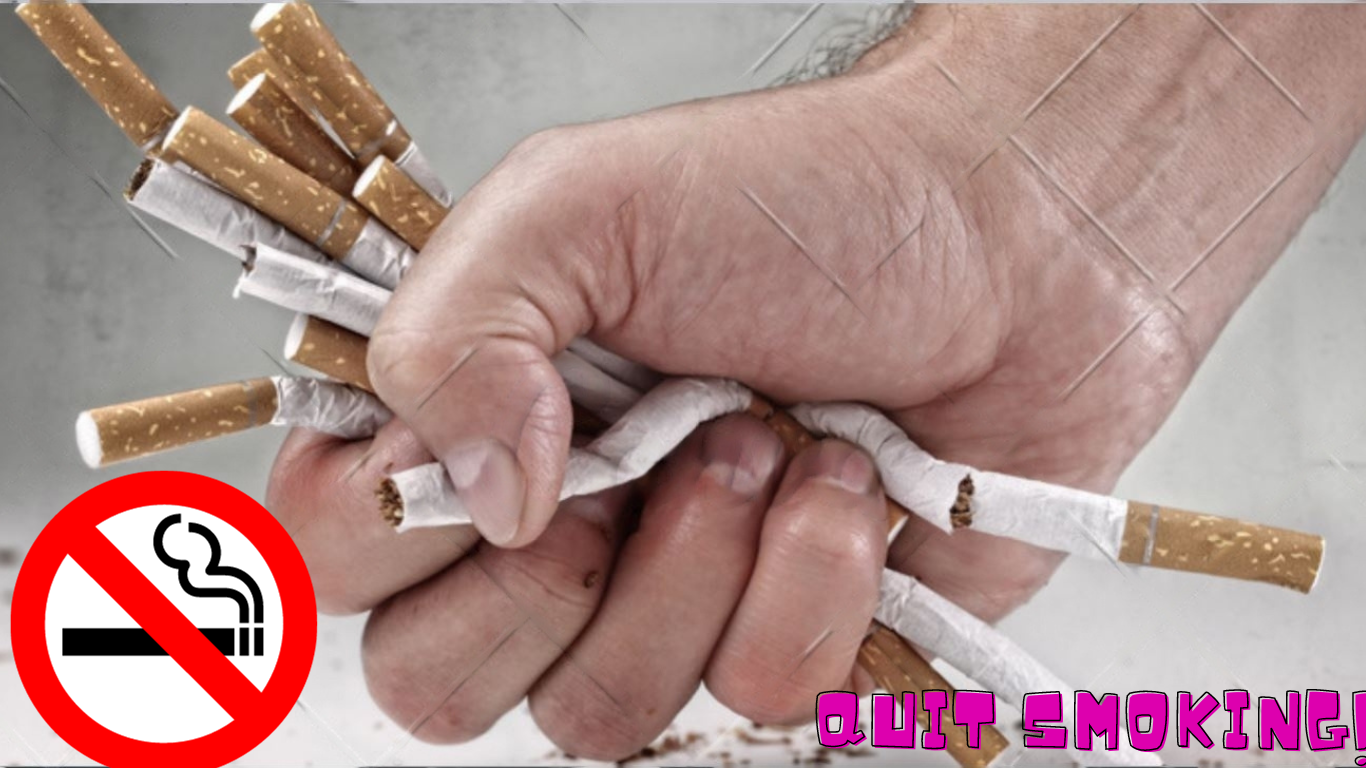The Impact of Smoking on Your Heart: Why It’s Time to Quit

17 September 2023
Picture this: a heart pounding with vitality, pumping life-giving blood to every inch of your body. Now, imagine that same heart shackled by the chains of smoking, struggling to keep up with its essential task. It’s time we delve into the impact of smoking has on our hearts and take action towards a smoke-free future.
Whether you’re a long-time smoker or contemplating taking that first puff, understanding the dangers lurking within those insidious clouds is crucial for safeguarding your cardiovascular health. So gather ’round as we explore the profound effects smoking can have on your heart and discover why it’s high time to kick this hazardous habit once and for all!
Join us as we embark on an eye-opening journey through medical insights and practical tips to quit smoking – because nothing should stand in the way of leading a life brimming with vibrant health!
The dangers of smoking
Smoking, oh smoking, the seemingly innocent pleasure that conceals a multitude of dangers. Let’s pull back the curtain and expose the harsh realities lurking within those slender sticks.
First and foremost, smoking is renowned for its devastating impact on our respiratory system. The inhalation of toxic chemicals found in cigarettes can cause chronic bronchitis, emphysema, and even lung cancer. But did you know that these harmful substances also wreak havoc on our cardiovascular health?
When we take a drag from that cigarette, it unleashes a torrent of damaging components into our bloodstream. Nicotine constricts blood vessels, forcing our heart to work harder to pump blood throughout our body. This increased strain raises blood pressure levels and greatly elevates the risk of developing heart disease.
But wait – there’s more! Smoking doesn’t discriminate; it poses risks not only to smokers but also to those who inhale secondhand smoke. Non-smokers exposed to this toxic cloud are at an increased risk of heart attacks, stroke, and other cardiovascular ailments.
Let’s not forget about the treacherous relationship between smoking and cholesterol levels either. Cigarette smoke lowers good cholesterol (HDL) while simultaneously increasing bad cholesterol (LDL). This harmful combination creates a perfect storm for plaque buildup in arteries – hello clogged arteries!
And as if these dangers weren’t enough reason to reconsider reaching for that pack of cigarettes – smoking is notorious for accelerating aging processes too! Wrinkles may seem trivial compared to life-threatening conditions like heart disease or cancer but why hasten the arrival of old age when you can embrace vitality instead?
It’s crystal clear: every puff inches us closer towards cardiac catastrophe. The time has come for us all to acknowledge the profound dangers associated with smoking so we can make informed choices about preserving our precious hearts’ wellbeing.
The impact of smoking on your heart
The impact of smoking on your heart is substantial and alarming. Smoking cigarettes not only damages the lungs, but it also wreaks havoc on your cardiovascular system. The harmful chemicals present in tobacco smoke can cause inflammation and damage to the lining of your arteries, leading to atherosclerosis.
As plaque builds up in the arteries, they become narrower and blood flow is restricted. This increases the risk of developing serious conditions such as coronary artery disease, heart attacks, and strokes. Additionally, smoking raises blood pressure and heart rate, putting extra strain on your heart.
Furthermore, smoking decreases oxygen levels in the blood while increasing carbon monoxide levels. This means that less oxygen-rich blood reaches your organs and tissues, including the heart itself. Over time, this can weaken the heart muscle and lead to conditions like congestive heart failure.
It’s important to understand that even secondhand smoke exposure can have detrimental effects on cardiovascular health. Non-smokers who are regularly exposed to cigarette smoke are at an increased risk for developing similar complications.
Quitting smoking is crucial for protecting your heart health. While it may be challenging initially due to nicotine addiction, there are numerous resources available to help you quit successfully – from support groups to medications like nicotine replacement therapy or prescription drugs.
By quitting smoking entirely, you can significantly reduce your risk of developing cardiovascular diseases over time. Within just a few hours after quitting smoking, carbon monoxide levels decrease in your body while oxygen levels begin rising again – making an immediate positive impact on your overall well-being.
In addition to improving lung function and reducing cancer risks associated with smoking cessation benefits extend further by minimizing harm done specifically towards our hearts themselves
How to quit smoking
Quitting smoking is no easy task, but it is definitely worth the effort. If you’re ready to take control of your health and break free from the chains of nicotine addiction, here are a few strategies that can help you quit smoking for good.
It’s important to set a quit date. Choose a day when you know you’ll be motivated and committed to making a change in your life. Mark it on your calendar and mentally prepare yourself for the journey ahead.
Next, consider seeking support from friends, family, or even joining a support group. Having someone by your side who understands what you’re going through can make all the difference in staying strong during those challenging moments.
Another effective method is finding healthier alternatives to satisfy cravings. This could include chewing gum, snacking on fruits or vegetables, or engaging in physical activity whenever the urge strikes.
Additionally, explore various cessation aids such as nicotine replacement therapy (NRT) products like patches or gums. These can help alleviate withdrawal symptoms and gradually reduce dependence on cigarettes.
Remember that quitting smoking is not just about breaking an addiction; it’s also about adopting new habits and coping mechanisms. Take up activities that occupy both your hands and mind – like puzzles or hobbies – to distract yourself from cravings.
Celebrate small victories along the way! Quitting smoking is an ongoing process with ups and downs. Acknowledge each milestone reached – whether it’s one day smoke-free or one month without lighting up – as an achievement worth celebrating.
By incorporating these strategies into your journey towards quitting smoking, you’ll increase your chances of success while taking control of your heart health at the same time
The benefits of quitting smoking
The decision to quit smoking is undoubtedly a challenging one, but the benefits that come with it cannot be overstated. Not only does quitting smoking improve your overall health and well-being, but it also has specific advantages for your heart.
Quitting smoking significantly reduces the risk of developing cardiovascular diseases. Smoking damages blood vessels and increases the likelihood of blood clots forming, leading to conditions such as coronary artery disease or stroke. By quitting smoking, you are allowing your blood vessels to heal and reducing the strain on your heart.
Additionally, quitting smoking improves lung function and decreases respiratory symptoms. This means that you will have an easier time breathing during physical activities and experience fewer coughing episodes or shortness of breath. Improved lung health directly contributes to better cardiovascular functioning.
Furthermore, kicking the habit lowers blood pressure levels. Smoking raises both systolic (the top number) and diastolic (the bottom number) blood pressure readings. High blood pressure puts extra stress on the heart muscles over time, increasing the risk of heart disease or cardiac events like heart attacks or arrhythmias.
Moreover, quitting smoking can lead to a decrease in cholesterol levels in your bloodstream. Smoking not only lowers “good” HDL cholesterol but also increases “bad” LDL cholesterol levels in your body – a dangerous combination for heart health. By quitting this harmful habit, you give yourself a chance at improving these lipid profiles and reducing their negative impact on your cardiovascular system.
Let’s not forget about financial savings! Quitting smoking saves money spent on cigarettes while simultaneously preventing potential medical costs associated with treating tobacco-related illnesses down the line.
By taking control of your life and making the choice to quit smoking now rather than later, you are making significant strides towards improving not only your heart health but also various aspects of overall well-being.
Conclusion
The impact of smoking on your heart is undeniable and alarming. It not only increases the risk of heart disease, but also leads to various other serious health problems. Quitting smoking may seem like a daunting task, but it is essential for your overall well-being.
By understanding the dangers of smoking and its direct effects on your heart, you can make an informed decision to quit. Take advantage of various resources available such as support groups, counseling services, and nicotine replacement therapies to help you in this journey.
Remember that quitting smoking is a process that requires determination and perseverance. Set realistic goals for yourself and celebrate each milestone along the way. Surround yourself with positive influences who will encourage and support you throughout this challenging journey.
The benefits of quitting smoking are numerous – improved cardiovascular health, increased stamina, reduced risk of developing heart disease or suffering from a heart attack or stroke. Not to mention the financial savings from no longer spending money on cigarettes!
Take control of your life today by making the choice to quit smoking for good. Your heart will thank you!





